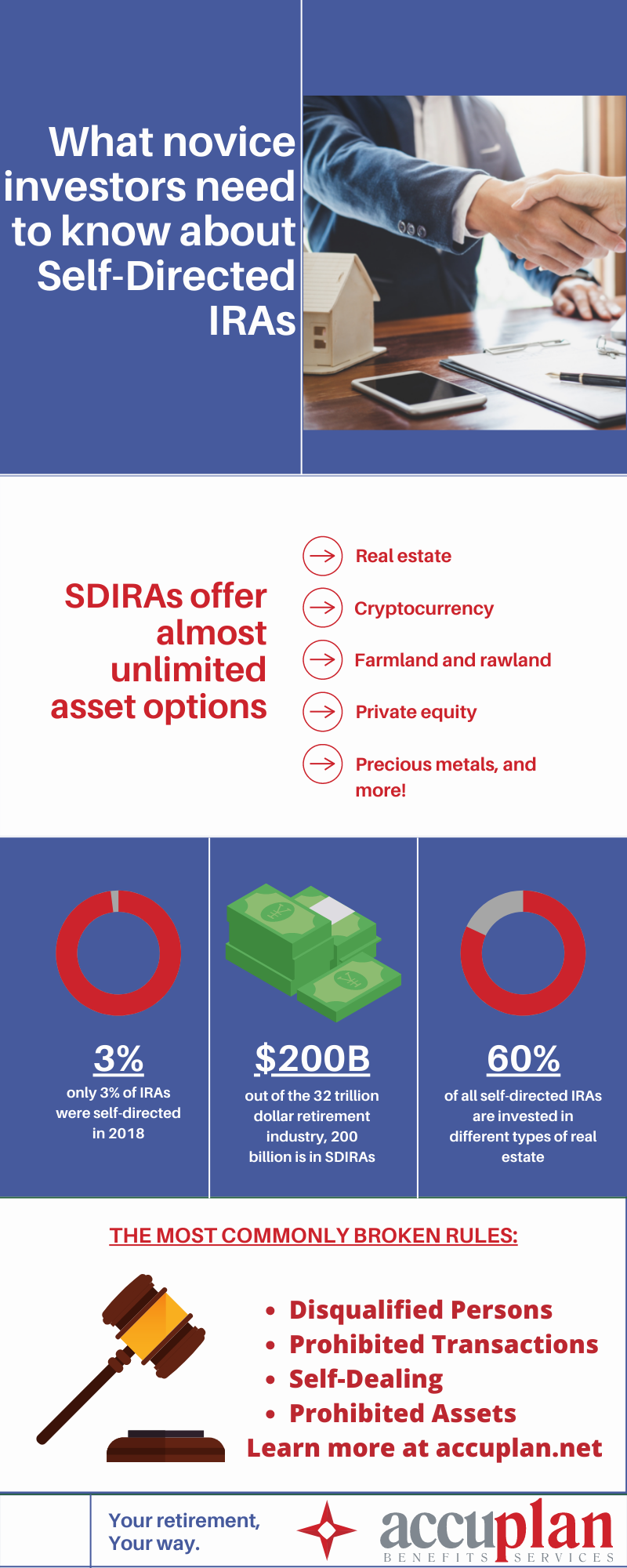 Making a first real estate purchase is undoubtedly one of the more nerve-wracking experiences you’re likely to encounter in life, with the numbers involved making every decision a high-stakes one. It’s natural that you would look for any advantage you can make for yourself in this effort to get on the property ladder, and for many people, this includes a “wait and see” approach. Perhaps if you hold on, it will get easier and cheaper?
Making a first real estate purchase is undoubtedly one of the more nerve-wracking experiences you’re likely to encounter in life, with the numbers involved making every decision a high-stakes one. It’s natural that you would look for any advantage you can make for yourself in this effort to get on the property ladder, and for many people, this includes a “wait and see” approach. Perhaps if you hold on, it will get easier and cheaper?
Below, we will look at the pros and cons of waiting to get that first house bought. As you may have already suspected, it’s really not a straightforward yes/no answer, but there will often be a specific detail relevant to your needs that makes the decision tilt one way or the other. Here are some of the key examples…
CON: Prices are still rising, so an eventual drop might not help
Across the English-speaking world, property prices are one of the few things that have remained buoyant during the pandemic – and they’re expected to rise further yet in 2022. It’s felt that we might see the first signs of a house price recession in 2023, but by that time they’re likely only to be falling to early 2022 levels – so keeping your powder dry and not meeting a real estate agent now is only going to mean you end up paying more in the long run. There might never be a better time for you to invest.
PRO: You can build up more capital while you wait
Of course, most of us are never in a position to just decide to buy a house and reach for that huge pile of cash we have lying around. You need to save for a deposit, and the more of a deposit you can save, the better the choice of houses you’ll be able to invest in. Your deposit will grow bigger if you spend longer saving for it. That’s how time works. So if you kick the can further down the road, it does bestow at least one advantage.
CON: You can’t predict the future
Many of us like to think of ourselves as being fairly well-versed in the economy – and we’re probably not wrong on that, but ask yourself why that is. If you’re 30, you’ve lived through three global recessions already. There are pre-teens in this world who have lived through two. And while you can often predict that there will be a recession at some point, you don’t know when it will come and what its effects will be. The 2009 global recession led to far more cautious lending from banks – which will harm first-time borrowers above all.
The point is, you can be a seasoned economic news junkie and still miss the signs that make waiting to buy a bad idea – because until the bad thing happens, we don’t know what the signs are pointing out.
The point is, there are many reasons why you might want to wait before buying a house for the first time. If you’re not ready, you’re not ready. But if you are holding fire because you think a better moment is on its way, you may be more wrong about that than you could ever have imagined.
{ 0 comments }
 A number of beautiful old homes are currently on the market, some of which have seen better days, but this does not necessarily imply that they are no longer useful. A growing number of risk-taking investors and imaginative buyers are on the lookout for a project to invest in. When it comes to purchasing a home, it is not always the spotless showhomes that capture your attention. A renovation project has the ability to transform your house into the home of your dreams. If you want to transform a run-down wreck into a gorgeous hideaway, consider the following suggestions.
A number of beautiful old homes are currently on the market, some of which have seen better days, but this does not necessarily imply that they are no longer useful. A growing number of risk-taking investors and imaginative buyers are on the lookout for a project to invest in. When it comes to purchasing a home, it is not always the spotless showhomes that capture your attention. A renovation project has the ability to transform your house into the home of your dreams. If you want to transform a run-down wreck into a gorgeous hideaway, consider the following suggestions. Do not be afraid to seek professional assistance
Do not be afraid to seek professional assistance So you are interested in getting a mortgage? Purchasing a house, regardless of its type, is almost certain to be the most expensive purchase you will make in your lifetime. This means that before applying for a mortgage or even preparing for a deposit, it is essential that you do your research and understand exactly what you are getting yourself into.
So you are interested in getting a mortgage? Purchasing a house, regardless of its type, is almost certain to be the most expensive purchase you will make in your lifetime. This means that before applying for a mortgage or even preparing for a deposit, it is essential that you do your research and understand exactly what you are getting yourself into. Choosing the best mortgage for your situation might be difficult when you are ready to move forward with your life. This is where the services of a
Choosing the best mortgage for your situation might be difficult when you are ready to move forward with your life. This is where the services of a  Investing your capital can be a great way to grow your wealth. But what if the stock market tanks? Or you invest in a company that goes bankrupt? This blog post will explore five ways to invest your hard-earned cash, so you don’t lose it all.
Investing your capital can be a great way to grow your wealth. But what if the stock market tanks? Or you invest in a company that goes bankrupt? This blog post will explore five ways to invest your hard-earned cash, so you don’t lose it all. Invest In Art
Invest In Art A highly efficient business is usually the sum of its many parts. But chief among these various components is employee productivity, the use of effective tools, and effective communication.
A highly efficient business is usually the sum of its many parts. But chief among these various components is employee productivity, the use of effective tools, and effective communication.  Outsource Mundane or Time-Consuming Tasks
Outsource Mundane or Time-Consuming Tasks Check Their References
Check Their References Professionals To Assist You With Property Investments
Professionals To Assist You With Property Investments